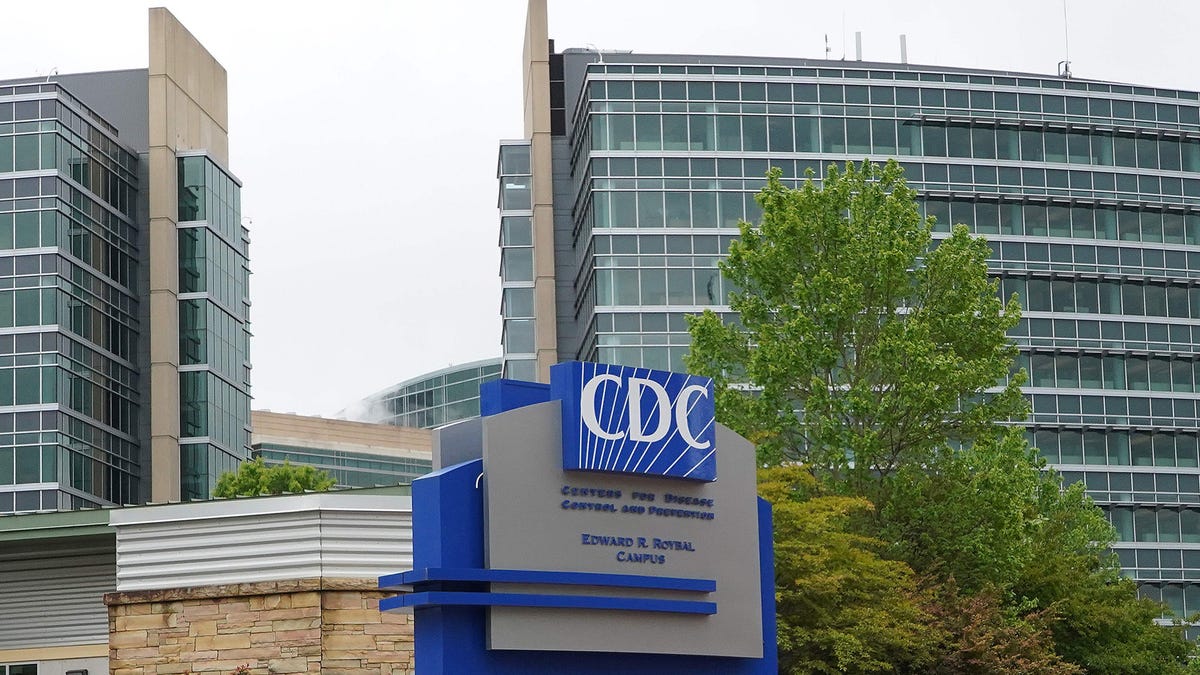Fewer teens are having sex and the rate is dropping among boys, though young adults are increasingly using contraception, according to a federal report released Thursday.
Using National Survey of Family Growth data from 2015 to 2019, the Centers for Disease Control and Prevention found 38.7% of boys and 40.5% of girls, between 15 and 19, had engaged in heterosexual, vaginal sex before marriage.
The percentage of sexually active boys has dropped since 2015 when 44% said they’d had sex, researchers said. Girls’ sexual activity was more consistent over time, though the overall numbers dropped in 2019. In 2002, 45.5% of girls reported they’d had sex.
Nearly 4 out of 5 teenage girls said they’d used contraception in their first intimate heterosexual encounter, researchers said. More than 90% of teenage boys used contraception during their first sexual encounter with a female, an increase from just over 80% in 2002.
Abortion pill: Is abortion access in peril (even where it’s legal)? Supreme Court case could tip balance.
The report drew from interviews with more than 21,000 men and women, including more than 3,800 teenage boys and girls. Researchers said the study sought to provide information on sexual activity, contraception and childbearing experience, to understand the risks of pregnancy and sexually transmitted infections. The latest findings suggest there is a reduced risk of STIs and pregnancy, though concerns still remain. For example, about 874,000 teenage girls reported they used no contraception the first time they had sex with a male.
Here are the top reasons teenagers provided for why they had not had sex:
- Among girls, 32.5% said it was “against religion or morals”; 25.3% said they hadn’t “found the right person yet”; and 15.9% said, they didn’t “want to get pregnant.”
- Among boys, 35.3% said they hadn’t “found the right person yet”; 26.2% said sex was “against religion or morals”; and 11.1% said they did not “want to get a female pregnant.”
- Teenagers were least likely to choose “Don’t want to get a sexually transmitted disease” as their primary reason for abstaining from sex.
There were differences in sexual activity by race and ethnicity. Just under 45% of Black teenage boys and 46.4% of Hispanic teenage boys said they’d had sex, compared with one-third of non-Hispanic white teenage boys. About 49.5% of Black teenage girls said they’d had sex and 37.7% of Hispanic teenage girls and 40.1% of white teenage girls said they’d had sex, though researchers said the difference between Black and white teenagers wasn’t significant.
Book bans: ‘I did not write it to titillate a reader’: Authors of books banned in Iowa speak out
The report also differentiated forms of contraception. Among teenage girls, the use of long-acting reversible contraceptives, such as intrauterine devices, or IUDs, and implants, jumped from 5.8% between 2011 and 2015, to 19.2% between 2015 and 2019. Boys, meanwhile, showed a slight decline in condom use, though there were increases in contraceptive pills, other hormonal methods and dual methods.
Emergency contraceptive pills, commonly known as the “morning after pill” or Plan B-branded pills, also saw increased usage among teenage girls who were sexually active.
The report focused on opposite-sex vaginal intercourse, though researchers said national survey data had explored other sexual activity that also carry STI risks.
Eduardo Cuevas covers health and breaking news for USA TODAY. He can be reached at [email protected].

Rachel Carter is a health and wellness expert dedicated to helping readers lead healthier lives. With a background in nutrition, she offers evidence-based advice on fitness, nutrition, and mental well-being.







